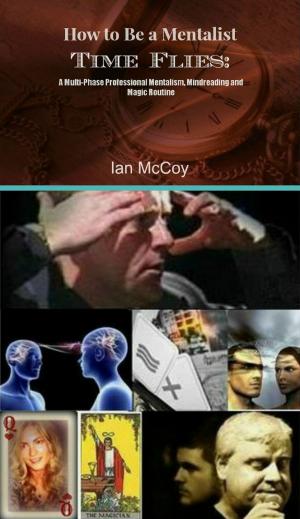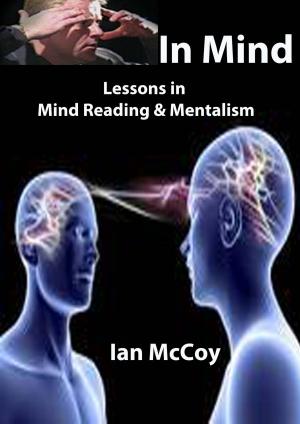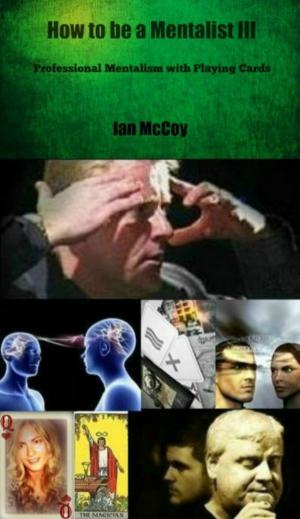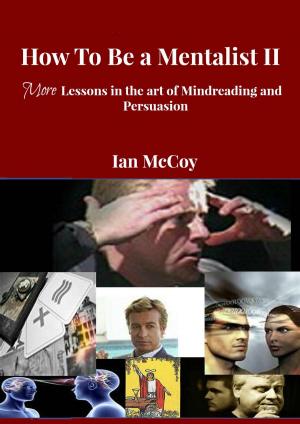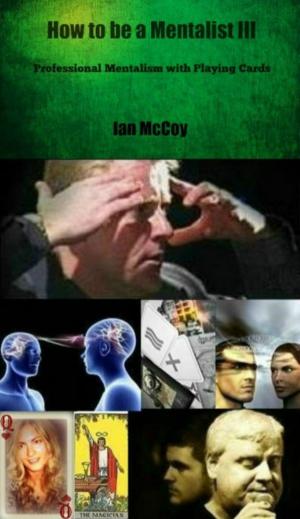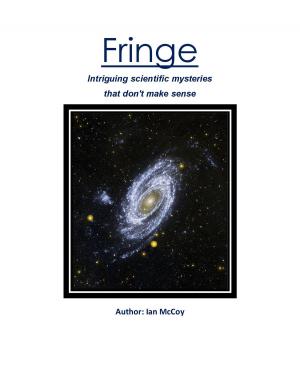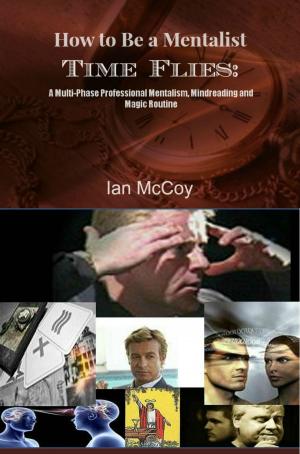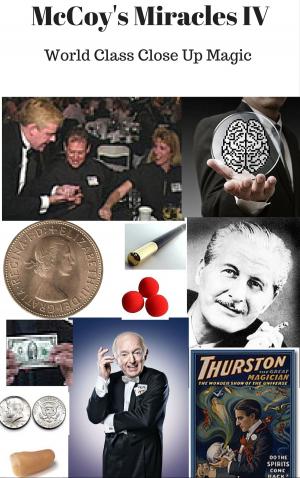| Author: | Ian McCoy | ISBN: | 1230001662887 |
| Publisher: | Ian McCoy | Publication: | May 1, 2017 |
| Imprint: | Language: | English |
| Author: | Ian McCoy |
| ISBN: | 1230001662887 |
| Publisher: | Ian McCoy |
| Publication: | May 1, 2017 |
| Imprint: | |
| Language: | English |
Science is the most splendid artefact of the human imagination. Beginning in the 17th century the scientific revolution set in motion profound discoveries such as Newtonian mechanics, electromagnetism, relativity and quantum mechanics. The world has been transformed. Science however has not solved all mysteries – indeed it has made the world more mysterious than it ever was.
We know how the universe began. We don’t know why it is there. Furthermore over three quarters of it seems to be missing in the form of “dark matter” and “dark energy”. Recently scientists have deduced that, strange as it may seem, all the laws of physics that govern this universe are the precise ones necessary for human beings or any life for that matter, to exist. Charles Darwin talked speculatively of life emerging from a “little pond”. The pond is gone. We have little idea how life emerged. We also cannot reconcile the human mind with any trivial theory about the manner in which the brain functions.
On these and many other points the great scientific theories have lapsed and in so doing have enlarged and not diminished our sense of the sublime. The universe, life and consciousness are anomalies.
But in giving deeper explanations for such things -more and more people within the science community are moving away from a position of strict philosophical materialism and scientific reductionism. The study of quantum mechanics has been a driving force and increasingly the role of human consciousness is given a central explanatory role. But mystery is all around us. Science depends on identifying mystery, those things that don’t make sense. Our attempt to explain such anomalies are exactly what drives science forward.
Science is the most splendid artefact of the human imagination. Beginning in the 17th century the scientific revolution set in motion profound discoveries such as Newtonian mechanics, electromagnetism, relativity and quantum mechanics. The world has been transformed. Science however has not solved all mysteries – indeed it has made the world more mysterious than it ever was.
We know how the universe began. We don’t know why it is there. Furthermore over three quarters of it seems to be missing in the form of “dark matter” and “dark energy”. Recently scientists have deduced that, strange as it may seem, all the laws of physics that govern this universe are the precise ones necessary for human beings or any life for that matter, to exist. Charles Darwin talked speculatively of life emerging from a “little pond”. The pond is gone. We have little idea how life emerged. We also cannot reconcile the human mind with any trivial theory about the manner in which the brain functions.
On these and many other points the great scientific theories have lapsed and in so doing have enlarged and not diminished our sense of the sublime. The universe, life and consciousness are anomalies.
But in giving deeper explanations for such things -more and more people within the science community are moving away from a position of strict philosophical materialism and scientific reductionism. The study of quantum mechanics has been a driving force and increasingly the role of human consciousness is given a central explanatory role. But mystery is all around us. Science depends on identifying mystery, those things that don’t make sense. Our attempt to explain such anomalies are exactly what drives science forward.

